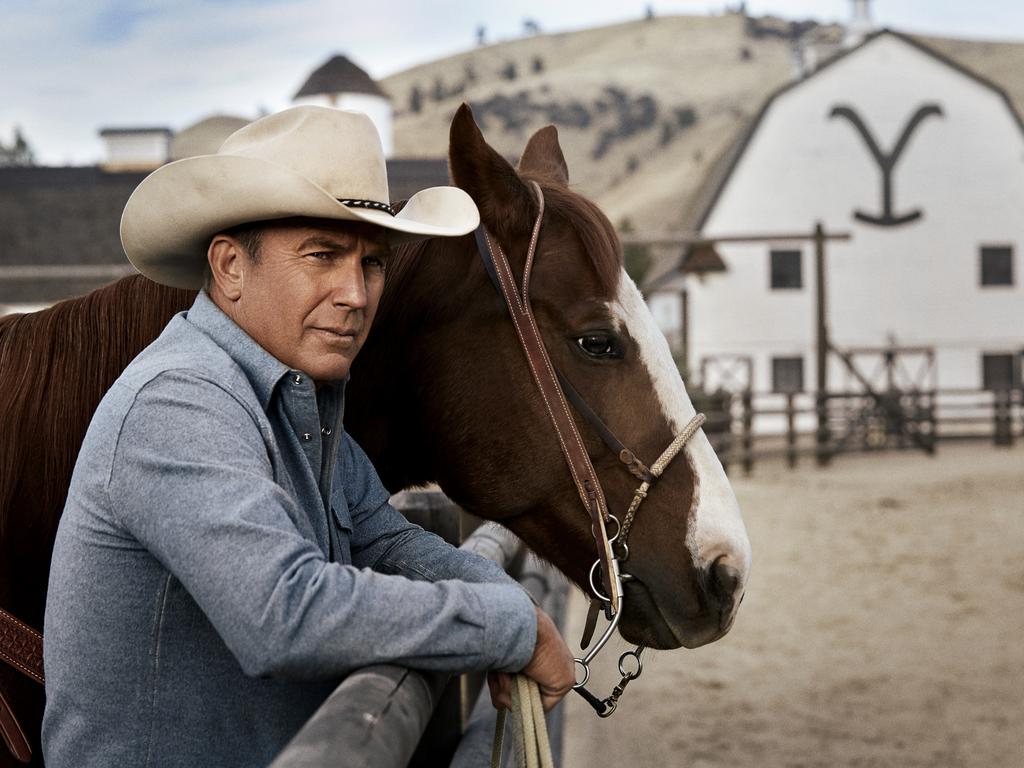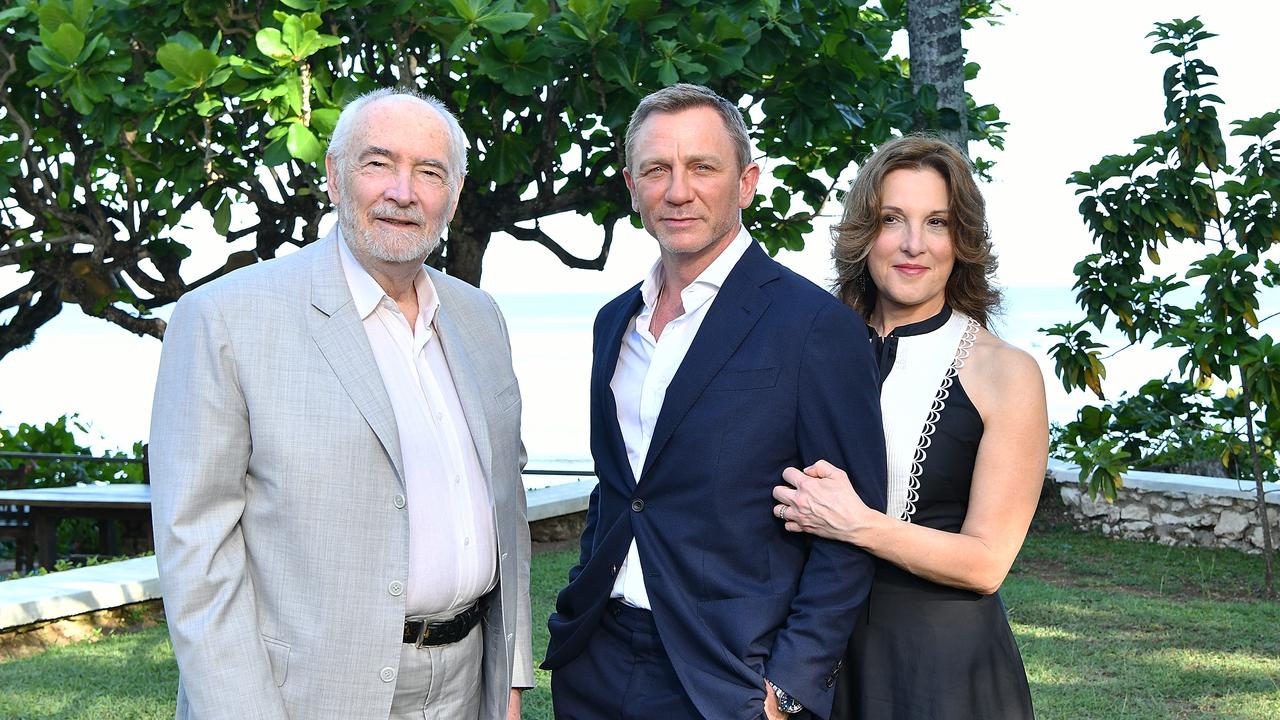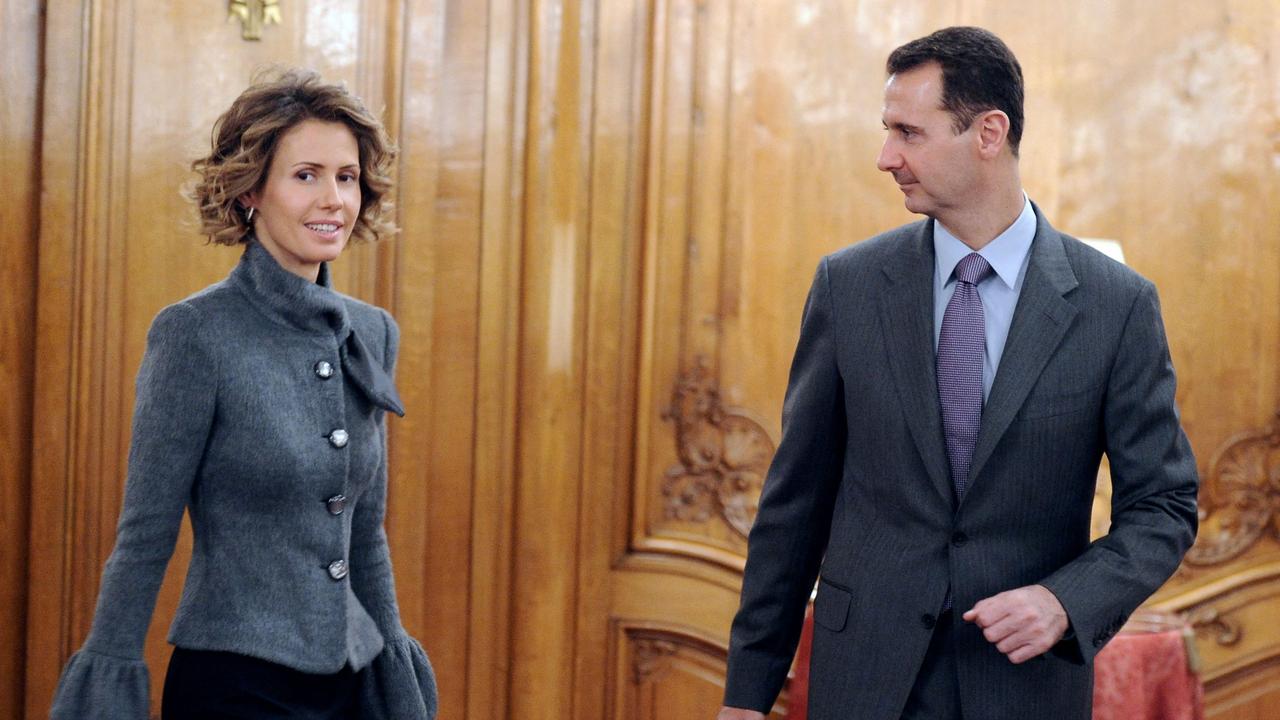Costner’s cowboy soap Yellowstone shows how the US really thinks
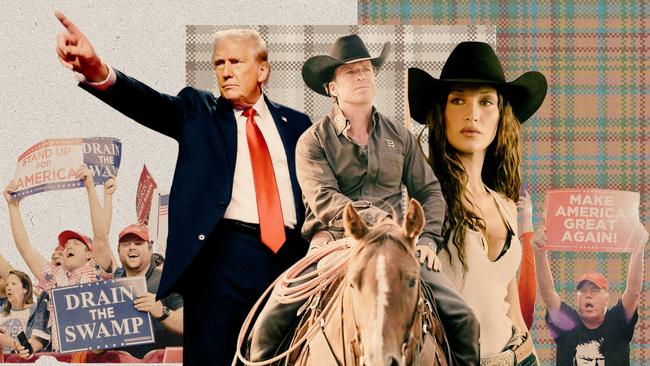
Last week, the most watched TV show in the United States came to an end. Probably, you weren’t watching it. Most likely you don’t even subscribe to the streaming service on which, over here, it was to be found. It was violent, melodramatic, morally confused and, frankly, not always very good. Yet for anyone who wants to properly understand why America and Americans behave as they do, it may have been the most important cultural phenomenon for years.
Yellowstone, as you may still have gleaned, is a modern-day cowboy soap opera starring Kevin Costner. Set in Montana, it was originally billed as The Godfather but on a ranch. It has also been called “the red-state Succession”, much to the annoyance of its creator, the somewhat preposterous Taylor Sheridan.
For one thing, Sheridan had previously called Donald Trump a “motherf***er” who should be impeached. For another, while it is indeed a story that celebrates unreconstructed men who ride horses, carry guns and wear huge hats, it also makes a point of openly hating quite a lot of the things that Trumpish, red-state America is supposed to love. Big money and big business are disdained. The displacement and dispossession of native Americans is portrayed as a terrible historical injustice. Religion is almost never mentioned, except occasionally to eyerolls from everybody else. Sheridan himself has said, very derisively, that people who call Yellowstone a red-state show simply don’t understand what they’re watching.
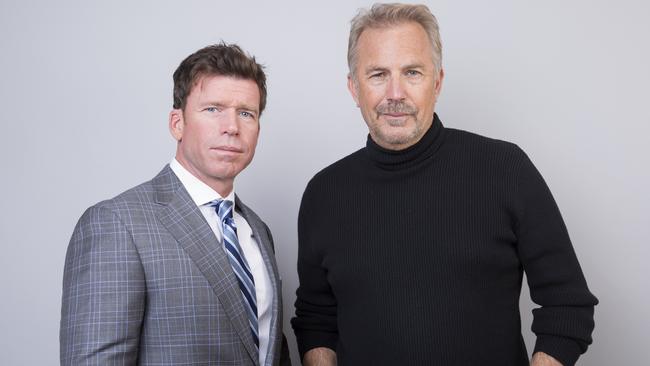
Still, there’s a mindset here, deeply embedded, that very definitely isn’t blue-state either. Witness the hard-bitten cowboy Rip, surrogate son and later son-in-law of Costner’s patriarch John Dutton. “Thirty years from now,” he sighs in one of the last episodes, “nobody is gonna be doing this. Nobody.” At the time, he is camping out with his herd and will soon start killing rattlesnakes. “All this,” he adds, “will be wind farms and solar farms, and we’ll be getting our beef from Brazil after they burn off the rainforest.” Place that on the political spectrum if you can. I struggle.
When I said Sheridan was preposterous, I meant it. For as well as being the all-powerful dictator of all things Yellowstone (now an empire with many spin-offs), he has also cast himself in it. He plays Travis, a sexually voracious horse trainer, who in many ways is the spiritual lodestar of the show. Long scenes feature only him, doing madly impressive things with horses. In the final series, he even wrote himself a girlfriend and cast the supermodel Bella Hadid. This is all as self-indulgent as it sounds. But somehow majestic.
The internal morality of Yellowstone is also a mess. Displaced native Americans may be a major theme of the show but they don’t get many major roles. The Dutton family, including Rip and his wife Beth (played by the British actress Kelly Reilly) are the show’s heroes but also prolific murderers, and not in an ironic anti-hero Tony Soprano way either. They are conservationists who shoot endangered wolves.
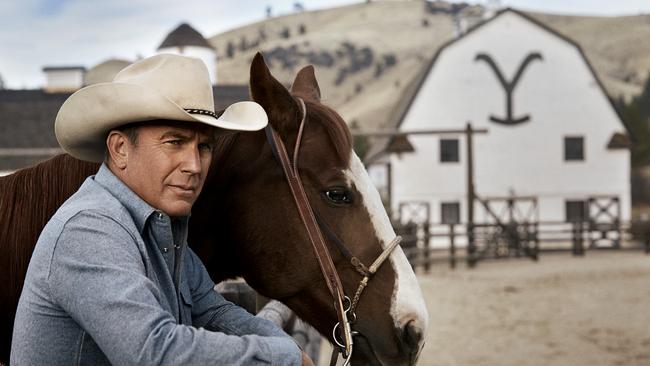
Having loathed politicians for being self-serving, John Dutton becomes one, and is even more self-serving. I’m pretty sure we’re meant to cheer. Supposedly one of America’s biggest and richest, the ranch is staffed by cowboys who share a room in a bunkhouse. As in medieval England, everybody knows their place.
These contradictions, though, are not Yellowstone’s flaws. They’re the point. Politically, this show is less an argument and more a vibe. It captures a powerful feeling about what America thinks it is and the righteous moral duty of opposing anything that threatens that. Witness Dutton himself, when he becomes Montana’s governor. “I am the opposite of progress,” he declares. “I am the wall that it bashes against.” For progress, in this world, means loss. It means smug, slick, hated urbanites who would take your land and, as last week’s finale put it, “stack it with houses so thick people can smell each other’s supper”. It means the thing that makes you special being taken away.
Inevitably, it makes you reflect on America’s most recent election, between Kamala Harris and Donald Trump. Through British eyes, and not only left-wing or centrist ones, Trump represented the threat here; the destabilisation and the madness. The Dutton clan, though, wouldn’t have seen it that way. For them, it would have been Kamala and her ilk – “those f***ing Californians” – who wanted to build dams and put up solar farms and tell them what they could and couldn’t shoot. Basically, they felt, she was the one who wanted to mess with their lives.
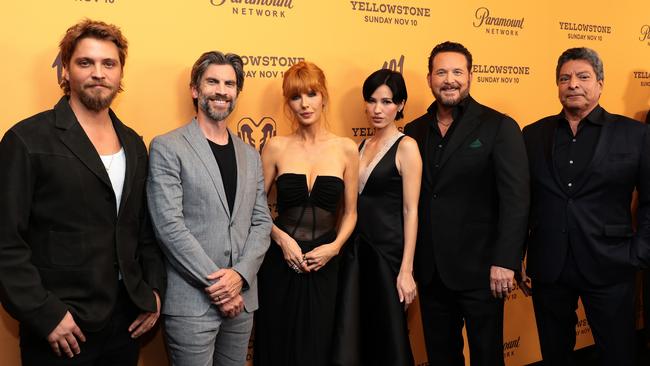
Even most Trump voters, of course, do not own ranches the size of Belgium. But perhaps the Duttons still represent the archetype of how quite a lot of red-state America would like to see itself. For while they are guilty of many terrible things, those don’t include any of the slurs the left tends to hurl in the right’s direction. They’re not racist. They’re not stupid. They’re not conspiracy theorists or gun obsessives or God-botherers, anything like that. Instead, in the most mythic way possible, they’re just as goddamn American as it gets.
With the British right now taking such obvious inspiration from their American counterparts, I also find myself wondering where they’d look to find a counterpart to this. If an American’s home is his ranch, then an Englishman’s, obviously, is his castle. But I’m not sure how far that takes us. Mainly, what Yellowstone has taught me is that for all the idiocy of Trumpism, his success is built upon a constituency with a clear and dogged notion of who they are and want to be. Over here, I’m just not sure we have that. And, while I hardly envy America for the way its politics is going, I still do find myself rather wishing that we did.
The Times

